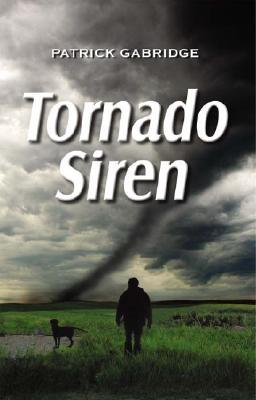 |
| Brett Milanowski and Omar Robinson in my play, Fire on Earth, produced by Fresh Ink in Feb. 2013 |
I like data. Measuring actions and results allows me to attempt to influence or change them. For a few years, I've been tracking how much time I spend writing, how much money I make from writing, how much I spend on my writing, and how many people I reach with my work.
I was thrilled when Todd London's book,
Outrageous Fortune: The Life and Times of the New American Play, came out a few years ago, because it attempted to take a quantifiable look at the state of playwriting in America. He actually laid out an average income range for playwrights ($25K-$39K, though most of that came from non-theatre work), and that's from playwrights surveyed, who are far along enough in their careers to be surveyed by Todd London.
It's hard for young playwrights to know what to expect from our field, because there is (aside from
Outrageous Fortune) so little actual data out there. I really don't know how much most of my fellow playwrights make from their work or how large of an audience they're reaching. It's useful, in a way, for writers to know this, to establish benchmarks or aspirations. Not that I want playwrights obsessing about whether so-and-so is making a lot more money than they are, but knowledge is power. Maybe the goals you've set for yourself are wildly unrealistic. Or maybe they're too low. It might help to know more about the actual reality of the world in which you're operating.
I'll share my numbers here, in as many categories as I track. I hope some will find it useful. There is always some reticence about sharing income numbers, either for fear of appearing to be bragging, or for fear of revealing oneself to be woefully inadequate. My net income is so low, that bragging doesn't seem viable. And as to my inadequacy, I doubt anyone cares.
I do hope a few other writers might be inspired to share their numbers, to help shed a little more of the light on the state of the American (or World) playwright. At the very least, it might help beginning playwrights have some sense of what they're getting into.
My numbers:
Gross Income:
$7,767.44
from:
published plays: $1004.85
production royalties: $475
commissions: $5,500 (one written and produced fully in 2013, one just started, another is in development)
teaching: $500
ebooks of my novels: $277.59
misc: $10
Expenses:
$5,758.36
web hosting $99.87
proofing of novel for ebook and paperback: $250
Office expense: $1,338 (includes postage and new laptop)
books: $381.30 (mostly for research)
conference fees: $655.53 (Mostly Grub Street's Muse & Marketplace and SCWBI)
entrance fees/donations: $176.99
memberships (DG, Grub, Rhombus, SCWBI): $555
expenses for readings (snacks, etc.): $40.92
software: $94.90
theatre events (tickets): $766.41
publicity (photo shoot): $150
office supplies: $418.89
transportation: $20
phone: $789.61 (smartphone + data + line costs)
Net Income: $2,029.08
For 2012: Gross Income: $3,844 Expenses: $2,808 net: $1063
For 2011: Gross Income: $2,638 Expenses: $4,665 net: $-2027
In my case, I'm clearly very, very fortunate to have a spouse with who has a good job with salary and benefits that lets me spend a lot of time writing and farming. We've made a lot of choices to enable us to survive on pretty much one income.
Audience.
Number of Performances: 99 (my goal was 100) (This includes published plays.)
Estimated audience: 6,000 (tough to figure for published plays, but I tend to estimate low, say 40 people/performance) (This was my goal #.)
Books (mostly ebooks) sold: 133 (many fewer than I'd hoped)
Submissions:
queries for plays: 14
play scripts submitted: 114
queries for books: 42
book manuscripts submitted: 9
Hours spent on writing stuff: 996 hours
actual writing and research: 394 hours (my goal was 400)
rehearsals and writing meetings: 308 hours (includes a tiny bit of teaching)
marketing and admin: 294
This balance seems about right. I spend almost a third of my time looking for gigs and for audiences for my work. I had a bunch of productions this year, so that boosted my rehearsal time a
lot.
This year, I spent about 920 hours
farming. Neither writing nor farming includes commuting time. Both under-report hours spent on e-mails and admin stuff.
Here's how my time worked in:
2012: 896 hours. (386 writing/278 rehearsing and meeting/231 marketing) I spent about 734 hours on farming in 2012.
2011: 818 hours. (I didn't break out rehearsals from desk writing time in 2011).
Somehow, despite adding farming to the mix in 2012, and then doubling the land I was farming in 2013, I still managed to keep increasing my writing time (I might be a little nuts). I'm not farming in 2014, so I'm curious to see whether my writing time will jump up ( I want it to), or if it'll just be absorbed into daily life activities. Not all of the farming time will become writing time, I'm certain of that (working from home makes that almost impossible.)
Please let me know if you keep track of numbers like this and if you post about it anywhere, let me know, and I'll post a link below:






